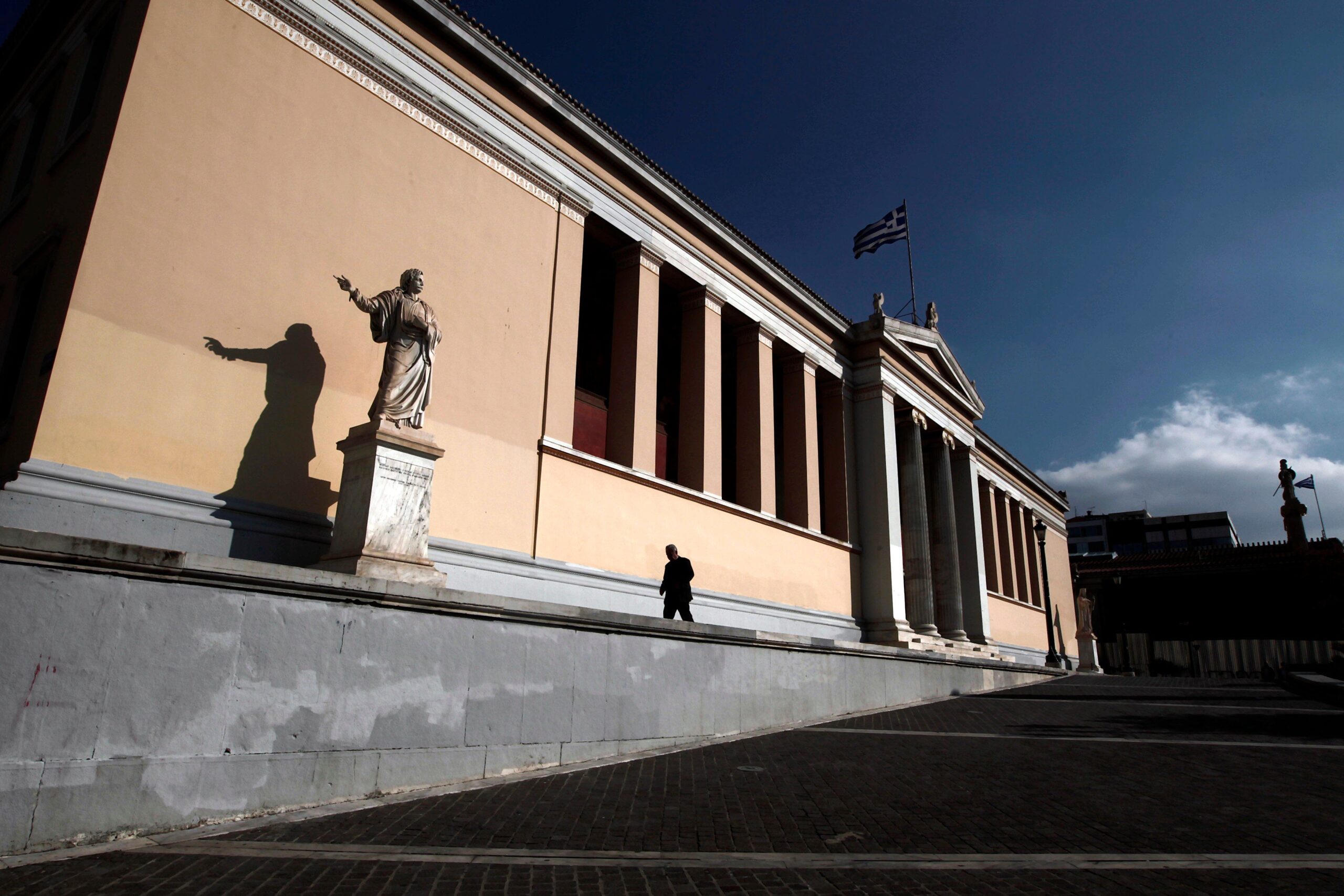Greece ranked 39th among 134 countries in the Global Talent Competitiveness Index (GTCI) 2023 compiled by international business school INSEAD.
The study notes that the top 15 countries in the index have remained unchanged over the past decade, with Switzerland and Singapore maintaining their status as the best nations in the world in attracting and developing talents.
It is worth noting that seven out of the top ten countries are European, while the U.S, Singapore and Australia make up the top-10 list.
In its criteria the annual report examines policies and practices that “enable a country to develop, attract, and empower the human capital that contributes to productivity and prosperity.”
“Switzerland has ranked as the world’s most talent competitive country ever since the GTCI was launched in 2013, and this year is no different. Similarly, Singapore remains in 2nd place, a position it has held in every edition apart from GTCI 2020. The United States climbs one place and returns to the top three, which it has made five times in the past ten years. Denmark, 3rd last year, drops to 4th this year, although its score is only slightly lower than that of the United States.” The Netherlands achieved its highest-ever rank in the GTCI this year and entered the top five for the first time.
Finland (6th) and Norway (7th) came in next, while Australia (8th), Sweden (9th) and the United Kingdom completed the top 10.
China is among several of the largest emerging economies that improved the most over the past decade gaining 9 spots, from 49th last year to 40th this year. India, on the other hand, which is projected to become the third-largest economy by 2030, lags behind coming in 103rd place.
One key take-away from the report is that as uncertainties and international tensions rise in trade, in investment, in politics and in diplomacy, “talent wars” are expected to also increase, with quality of life and sustainability emerging as a critical element for countries aiming at becoming talent hubs.
The evolution and integration of AI in various industries is also expected to deepen talent inequalities. “Unqualified or low-qualified labor will bear much of the additional pressure, while new categories of workers, some with higher skills, will suffer from stronger competition from algorithms and specialized equipment.”



